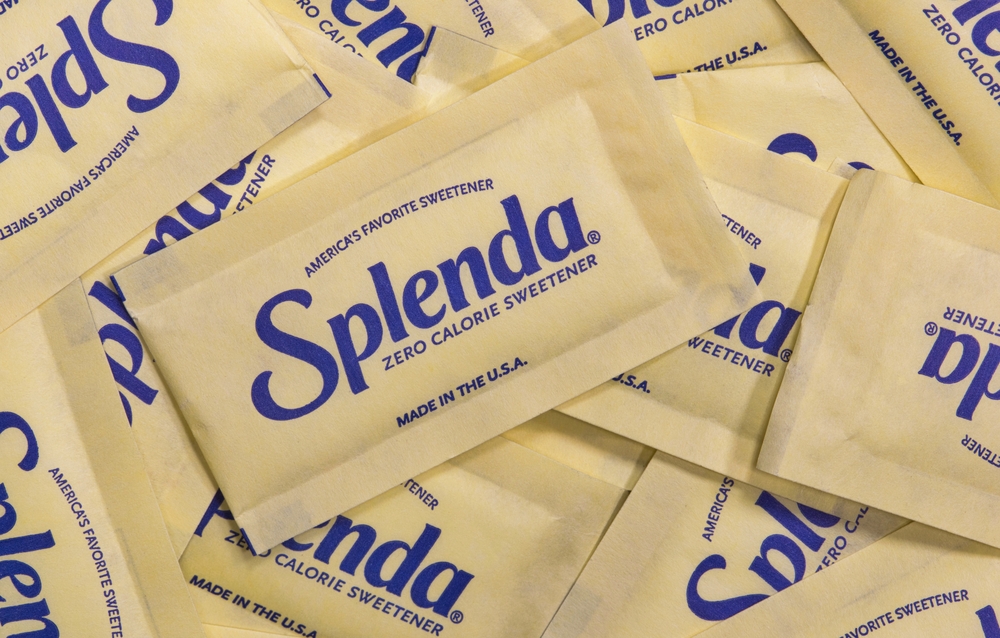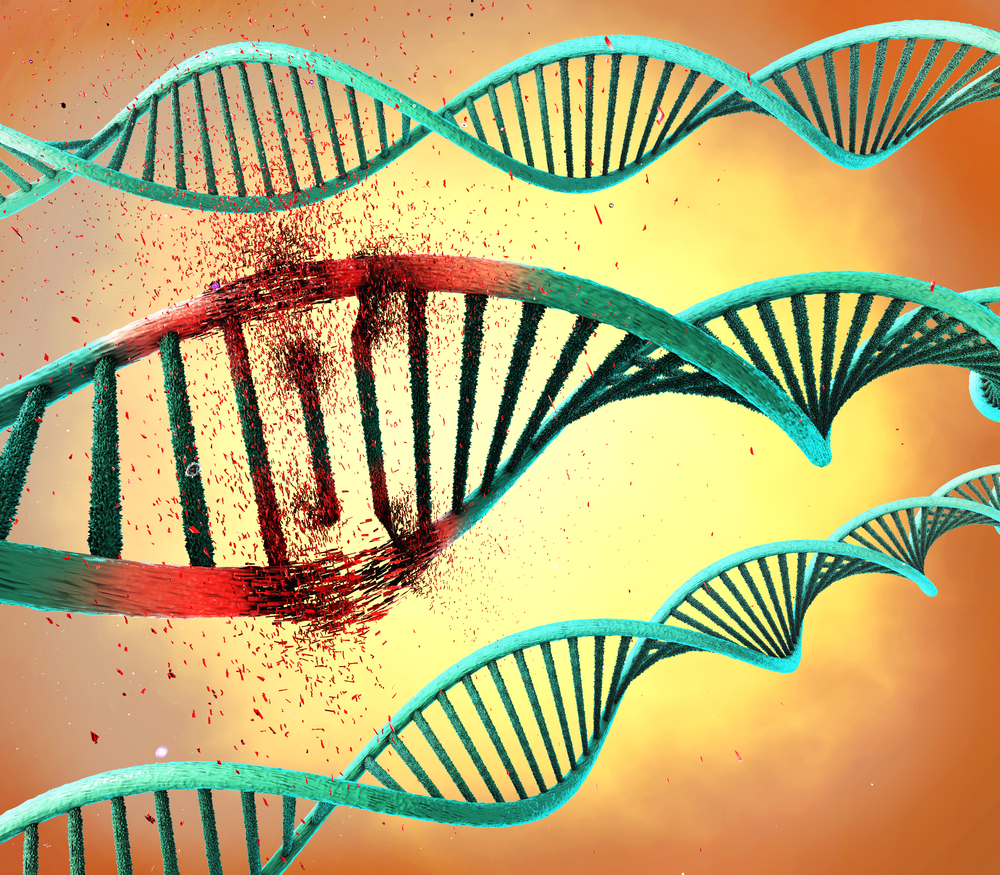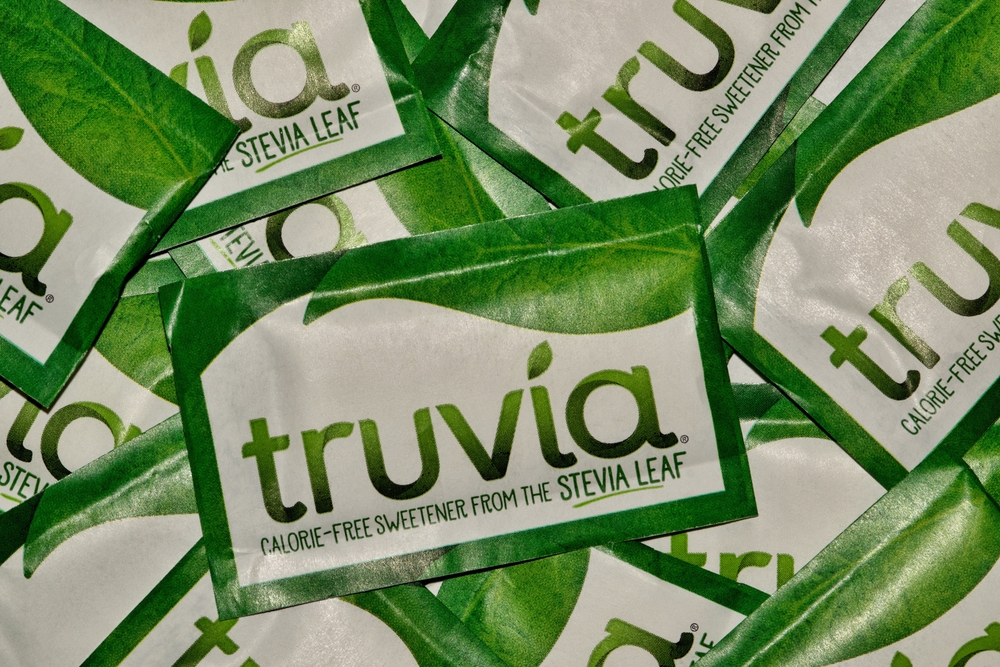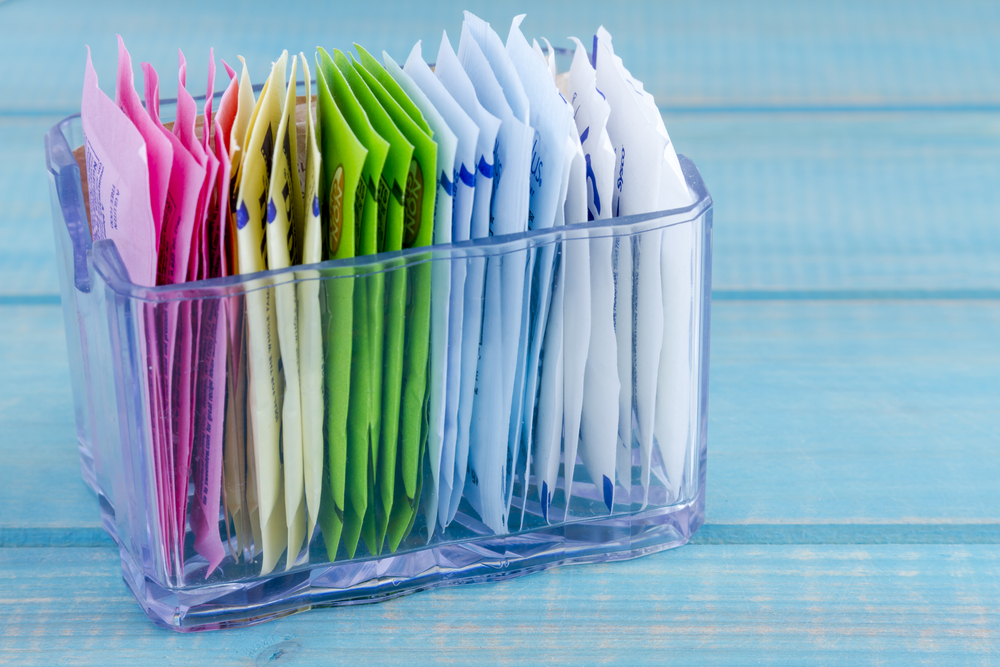Studies Raise Concerns About Safety of Popular Artificial Sweeteners
UGH! Two recent studies show that artificial sweeteners aren’t any better for us than the real stuff and could even cause damage. Artificial sweeteners have become a popular choice for those seeking to reduce their sugar and calorie intake over the past several years. However, recent studies have raised concerns about the long-term health consequences of these sweeteners, now making us doubt if we should be using them at all.
Sucralose In The News
One commonly used artificial sweetener is sucralose, marketed under the brand name Splenda. A study conducted by researchers at North Carolina State University revealed troubling findings about the safety of sucralose. The study, published in the Journal of Toxicology and Environmental Health, demonstrated that the chemicals present in sucralose can cause DNA damage, raising concerns about potential health risks associated with its consumption. These findings emphasize the need for further research to better understand the risks of sucralose.

Sucralose’s Link To Health Issues
Previous studies hinted at a possible connection between rising rates of colorectal cancers, inflammatory bowel disease, and our dietary choices, particularly when combined with an imbalance of gut bacteria.
This has led researchers to investigate a substance called sucralose-6-acetate, an impurity found in commercially available sucralose samples.
Study Findings on DNA Damage
To assess the potential harm caused by sucralose-6-acetate, researchers conducted various tests. They discovered that the substance breaks DNA strands, which can be harmful. Even a single daily drink sweetened with sucralose contained levels of sucralose-6-acetate exceeding safe limits for DNA damage. These findings suggest that consuming sucralose may pose health risks.

Impact On Health
Researchers also studied the effects of sucralose and sucralose-6-acetate on human intestinal cells. Analyzing gene activation, they found significant increases in genes linked to inflammation, oxidative stress, and cancer when exposed to sucralose-6-acetate. Notably, the gene metallothionein 1G (MT1G) was highly affected. Both sucralose-6-acetate and sucralose harmed the protective barrier of our intestines, raising concerns about their impact on health.
Further Implications
The study further revealed that sucralose-6-acetate impairs two important enzymes, CYP1A2 and CYP2C19, responsible for metabolizing medications in our bodies. This suggests that sucralose may interfere with how our bodies process certain drugs, potentially leading to complications.
Erythritol In The News
Another artificial sweetener in the spotlight is erythritol. Erythritol is a sugar alcohol commonly used as an artificial sweetener, and although it occurs naturally in small amounts in fruits and vegetables, its levels as a sweetener are typically significantly higher.

Erythritol is one of the most common artificial sweeteners around. It’s a very popular ingredient in a lot of food marketed for weight loss and diabetes management.
A study led by Dr. Stanley Hazen at the Cleveland Clinic explored the relationship between erythritol and cardiovascular events such as heart attacks and strokes. The research, funded by the National Institutes of Health, found that elevated levels of erythritol and related artificial sweeteners were associated with an increased risk of cardiovascular events.
Potential Health Risks of Erythritol
To delve deeper into the potential health risks, the researchers exposed human platelets, responsible for blood clotting, to erythritol. They discovered that erythritol increased platelets’ sensitivity to blood clotting signals, potentially leading to increased blood clot formation and artery blockage in mice. Additionally, a study on healthy volunteers who consumed a beverage sweetened with erythritol revealed a significant increase in blood erythritol levels, which remained elevated for several days and had the potential to trigger changes in platelet function.

Findings From The Erythritol Study
These findings highlight the potential health risks associated with consuming erythritol, including an increased risk of blood clot formation, heart attacks, and strokes. Given the prevalence of erythritol in artificially sweetened foods, further safety studies are warranted to fully understand its impact on human health.
We Want You To Be In The Know
In conclusion, the use of artificial sweeteners, including sucralose and erythritol, raises concerns about potential health risks.
The studies discussed shed light on the harmful effects of sucralose on DNA and the association between elevated erythritol levels and cardiovascular events. As consumers, it is essential to stay informed about the potential risks posed by artificial sweeteners and make informed choices regarding our dietary habits.
Further research is needed to comprehensively evaluate the long-term safety and effects of these sweeteners on our health but in the meantime, use artificial sugar substitutes sparingly when possible.
References for accessing the studies mentioned
Sucralose Study
Erythritol Study



